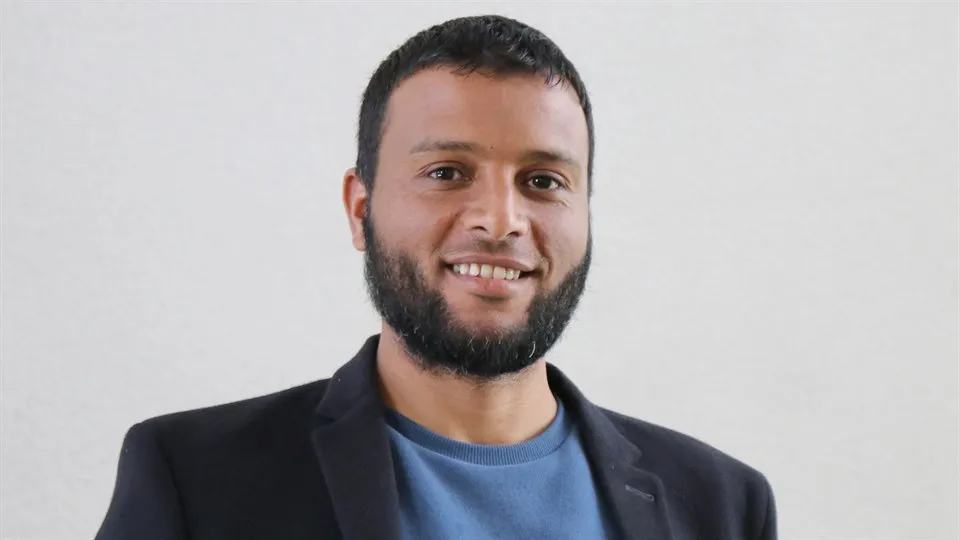Sobhi Barg ‑ new Postdoc at STC
We warmly welcome Dr. Sobhi Barg who joined our team at STC in May. He will work within the WIRIC project - Wide Range Isolated Converters - in the Research group Power Electronics.
Tell s a little about yourself?
I am from Tunisia where I grew up in a small countryside called Ajengua in Sfax city, located 270 km southeast of Tunis. I have a wife, Aziza and two sons Baraa and Yaman who soon will join me in Sweden.
Academically, I have an Engineering degree and a Master degree from the National Engineering School of Tunis. I also have a Master degree in Sustainable Transportation and Electrical Power Systems from the University of Oviedo in Spain, the University Of Nottingham (UK) and the Institute Polytechnic of Coimbra, Portugal.
During 2015, I was a Visiting Scholar at the Wisconsin Electric Machines and Power Electronic Consortium (WEMPEC) at the University of Wisconsin Madison.
Then, finally in January 2018, I received my doctorate in electrical engineering from the National Engineering School of Sfax.
During the years, I have worked for several engineering companies in Tunisia and abroad such Comete Engineering, Oger International, Isastur Engineering and EPME Tunisie. In 2017 and 2018, I served as a contractual assistant professor at the National Engineering School of Gabes.
Tell us about your research?
My research focuses on the design and multi-objective optimization of passive components for power electronics, design and control of power conversion systems for renewable energy and Sustainable transportation. In particular, my PhD was about the multi-objective optimization of high frequency transformers using Genetic Algorithms.
The objective of the PhD project is to optimize many objectives simultaneously such as the volume the losses and the cost of high frequency transformers.
Power electronics problems are purely non-linear and multi-objective problems and could not be fully solved using classical design and optimization techniques. The use of Genetic algorithms (GAs) and the Pareto optimality concept is one key and one attractive solution to achieve that.
The main features of GAs and Pareto approach are: capability to solve continuous and discrete problems, concave and convex functions, non-linear problems, reduced convergence time, effective tool for the decision maker to choose the optimal solution in terms of many objectives and under fixed design constraints.
My Master thesis, achieved at WEMPEC was about the Dead-beat DTFC control capability to minimize switching loss in multi-level inverters.
Why did you choose Mid Sweden University for you Postdoc and what will you do?
The WIRIC project matches with my research profile as my previous researches focused on the same subject. I joined Prof. Kent Bertilsson’s research group in May to conduct research in the design and optimization of dc/dc converters. Mainly, I am working on the WIRIC project and some others in order to improve the performance and the efficiency of dc/dc converters. This will sure help me to broaden my theoretical knowledge and my practical experience in Power Electronics.
I am highly motivated to be a member of the STC Research Center and a member of the Department of Electronics Design in particular. I feel eager to put my skills and my qualifications that I have acquired from my previous academic background for the profit of this project.
Being in Sweden is a new experience to profit from it, to build and solidify my academic career and to make new contacts. My objective is also to learn about the Swedish culture, language and society. I always believe that collaboration, working with others and diversity is the key to upgrade skills and knowledge!
